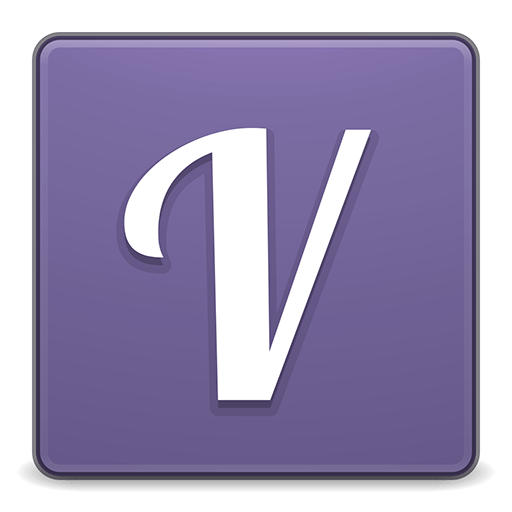 Vala
vs
Vala
vs
 Elixir
Elixir
 Vala
Vala
 Elixir
Elixir
What is Vala?
A free and open object-oriented programming language with a self-hosting compiler that generates C code. Vala uses the GObject system and is syntactically similar to C# while introducing unique features like functions, signals, properties, generics, assisted memory management, exception handling, type inference, and foreach statements. Vala makes it simple to target the GNOME stack and is also used for writing applications to the operating system elementary OS.
How much does Vala cost?
No pricing information available..
What platforms does Vala support?
Top Vala Alternatives
C
C is a free and open-source general-purpose, procedural programming language. The language supports structured programming, lexical variable scope, and recursion, with a static type system. By design, C provides constructs that map efficiently to typical machine instructions. C was first created and released in 1972 at Bell Labs by Dennis Ritchie, today C is used in systems where you need absolute control over memory management such as OS kernels and other mission critical software.
C++
Developed by Bjarne Stroustrup at Bell Labs in 1979, C++ is a general-purpose programming language. C++ was designed as an extension of the work on the programming language C, or "C with Classes". The language run on the most common platforms such as macOS, Windows, Linux and various versions of UNIX. In modern releases of C++ object-oriented, generic, and functional features in addition to facilities for low-level memory manipulation has been introduced.
The software
 Elixir
is removed from the Top Vala Alternatives since you are comparing against it.
If you are looking for more software, applications or projects similar to
Elixir
is removed from the Top Vala Alternatives since you are comparing against it.
If you are looking for more software, applications or projects similar to
 Vala
we recommend you to check out our full list containing 46 Vala Alternatives.
Vala
we recommend you to check out our full list containing 46 Vala Alternatives.
Vala Gallery
What is Elixir?
A dynamic, functional programming language that tuns on top of the Erlang Virtual Machine. A VM known for running low-latency, distributed and fault-tolerant systems. Elixir provides productive tooling and an extensible design perfect for building concurrent applications for critical infrastructure
How much does Elixir cost?
No pricing information available..
What platforms does Elixir support?
Top Elixir Alternatives
Erlang
A general-purpose, concurrent, functional programming language used to build massively scalable soft real-time systems with requirements on high availability. Erlang comes bundled with the OTP, the Open Telecom Platform which is a runtime system first developed by Ericsson to handle the Swedish telecom infrastructure in the early 80's. The term Erlang and OTP is today used interchangeably and includes the runtime, the language and ready-to-use components built specifically for the ecosystem. To this day, Erlang is used in various sectors and applications like telecoms, banking, e-commerce, computer telephony and instant messaging. As the language is suitable for critical infrastructure and applications that requires high availability and real-time features, running at scale.
JavaScript
JavaScript is a scripting or programming language that conforms to the ECMAScript specification. The language is mainly used to create complex features for web pages, but is also used other software project. Javascript has curly-bracket syntax, dynamic typing, prototype-based object-orientation, and first-class functions and is mostly just-in-time compiled.
Python
An object-oriented, high-level, general-purpose programming language with an easy-to-learn syntax. Python was first released in 1991 by Guido van Rossum with a design philosophy that emphasises code readability. Today Python is one of the most widely used programming languages where it is used in everything from data science, machine learning and AI to modern web, mobile and desktop applications.
The software
 Vala
is removed from the Top Elixir Alternatives since you are comparing against it.
If you are looking for more software, applications or projects similar to
Vala
is removed from the Top Elixir Alternatives since you are comparing against it.
If you are looking for more software, applications or projects similar to
 Elixir
we recommend you to check out our full list containing 24 Elixir Alternatives.
Elixir
we recommend you to check out our full list containing 24 Elixir Alternatives.
